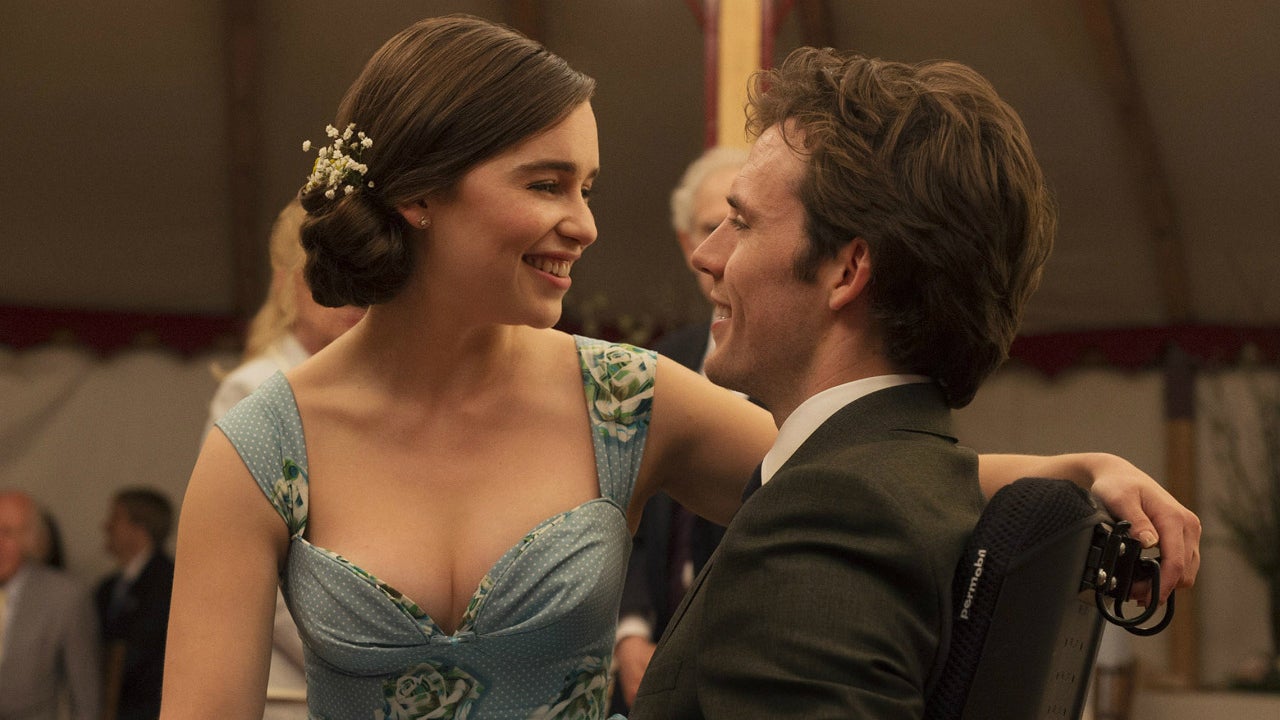Me Before You: Quadriplegic author of Walking Papers referenced in film 'angry to be associated' with Emilia Clark film
'I am angry to be unwittingly associated with the story'

While Me Before You was likely intended to be a romantic summer-tearjerker, the film has attracted criticism for its representation of people living with disabilities.
The film’s lead star, Sam Claflin, plays a wealthy, young, and attractive Will Traynor becomes paralysed after a motorcycle accident. Gradually, he falls in love with his carer, Lou Clark, played by Game of Thrones’ Emilia Clarke.
However, the controversy lies in the film’s conclusion - SPOILERS AHEAD - which sees Will, despite his love for Lou, choosing to leave her and take the path of assisted suicide.
Quadriplegic author Francesco Clark, whose book, Walking Papers, about his life after an accident in his twenties, is referenced in the film, has criticised the film.
In an interview with PageSix, he said: “I was never asked if my book could be included in the movie, nor was I ever told that it would be included. While I understand that this movie is based on a work of fiction, my book — and my life — is not.
He added: “I’ve worked tirelessly to show people that being quadriplegic isn’t the end of your life, it’s another beginning.
“While I am by no means taking a stance on the issue of assisted suicide, I feel compelled to express that I am angry to be unwittingly associated with a storyline that suggests the only option for those who sustain injuries like mine is death.”
The film’s director, Thea Sharrock, has spoken out about the criticism, saying “This is a brave ending. It’s too easy to do it the other way,” while referencing how it stuck to the source material’s ending.
"It’s interesting to me that the controversy has been much more so then what JoJo [Moyles] ever got for the book. And I guess that says a lot about movies and how out there they are in comparison to books.”
Join our commenting forum
Join thought-provoking conversations, follow other Independent readers and see their replies
Comments